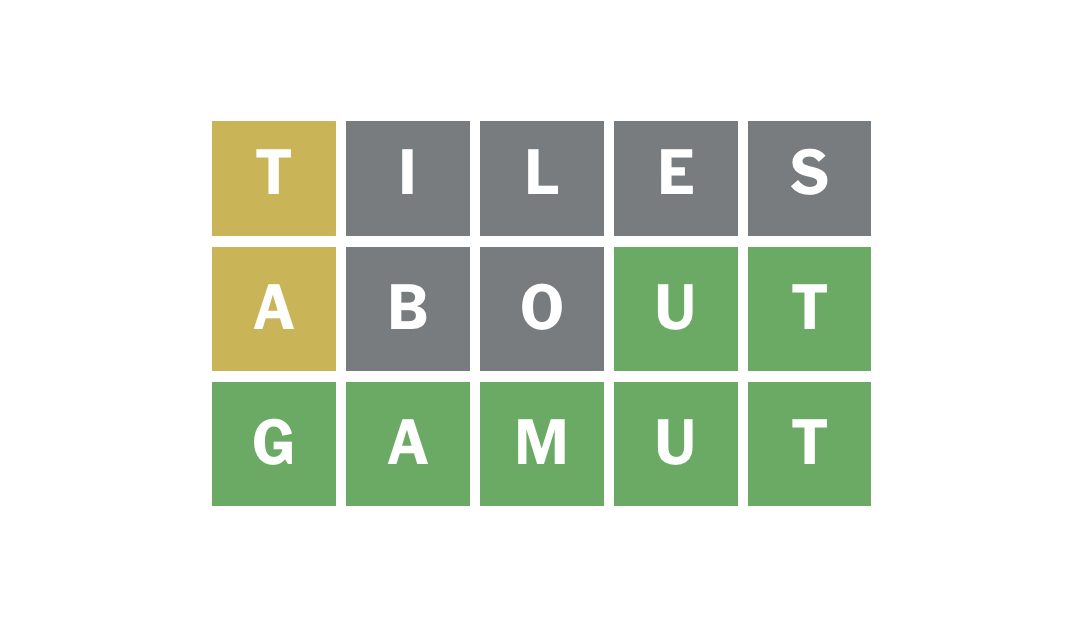I become increasingly fascinated by language. I studied English (language and literature), French and German at O Level, before focussing on maths and physics at A level, and Engineering Science at university. Only when I took a degree in Modern Language Studies (Spanish and French) with the Open University did I realise how inadequate my knowledge of English was. I wasn’t taught about the subjunctive mood in O level English.
I’ve posted recently about now trying to learn Latin. Mr Wilson banished me behind the filing cabinet in my first lesson at grammar school, leading to me giving up and switching to German. I’m finding that my understanding of language is switching up another gear. I hadn’t heard of transitive and intransitive verbs before, even with a degree in modern language studies. Nor had I learnt about complements. In Latin sum is the verb to be, it is not a doing verb. In the phrase John hits Paul, John is the subject and Paul is the object. Paul is an object because he undergoes what John is doing to him. But in the phrase John is cruel, cruel is not an object, it is a complement. In Latin the complement is in the same case as the word it is the complement of. I remember a phrase from Hallo Hallo which was “It is I, Leclerc!” It sounded odd, but actually it is correct English to say “It is I” rather than “It’s me”.
As I continue my writing journey through the Sir Anthony Standen Adventures, I become ever more fascinated by language. In yesterdays Wordle the solution was the word Gamut. I looked it up, although the phrase the full gamut from A to Z was familiar to me. It comes from the Greek letter gamma, for G. When musicians needed to expand the scale of notes from six up to seven they added G. So gamut was used to describe the whole range of a voice or instrument, and now we can speak of gamut as the full range of anything, such as emotions. I love language!

